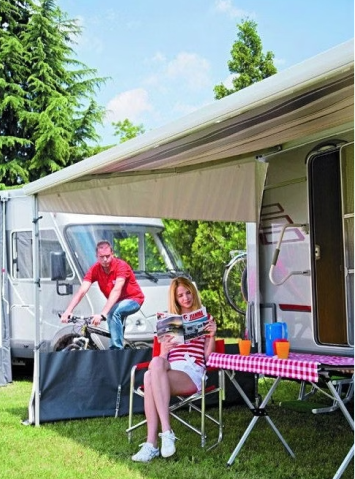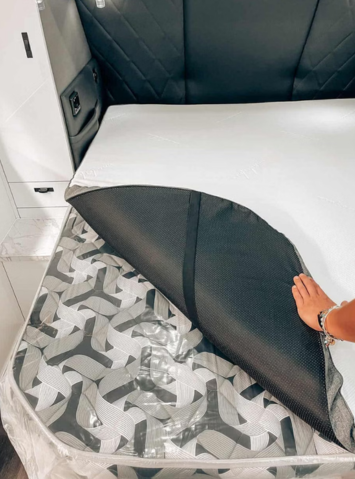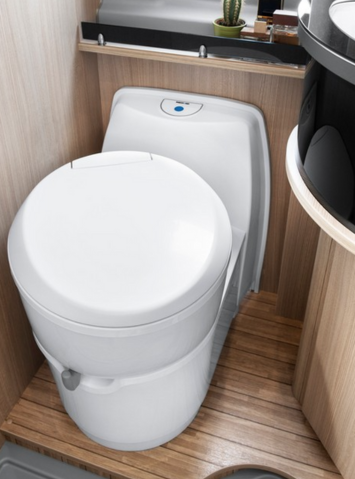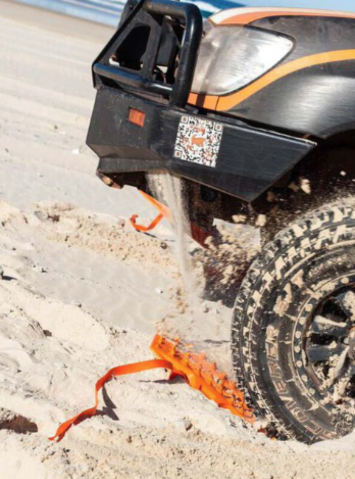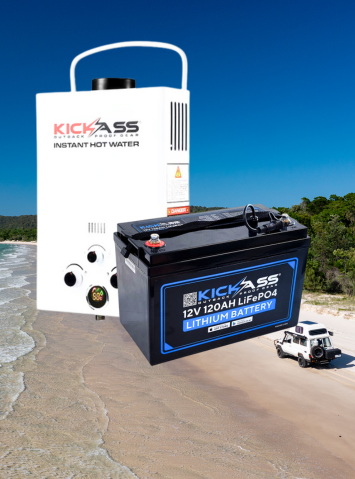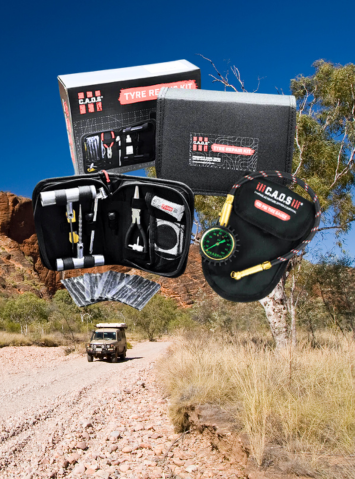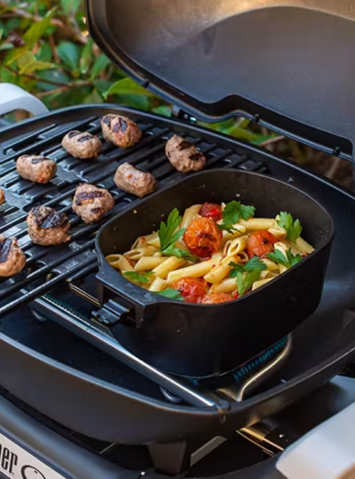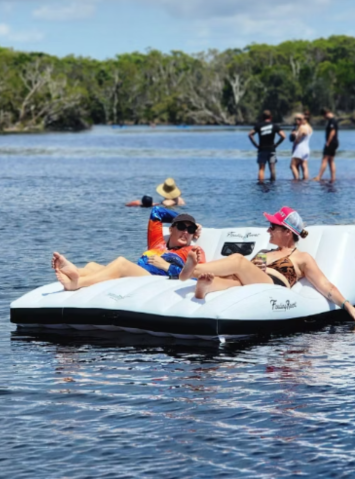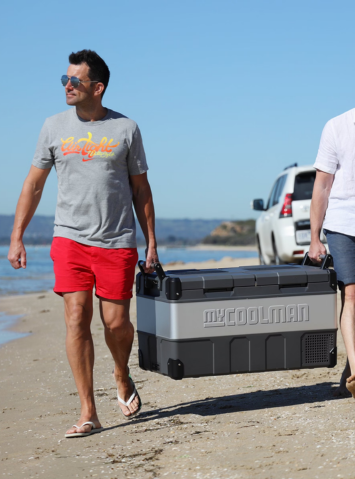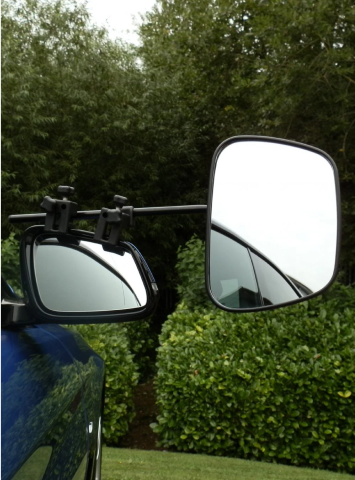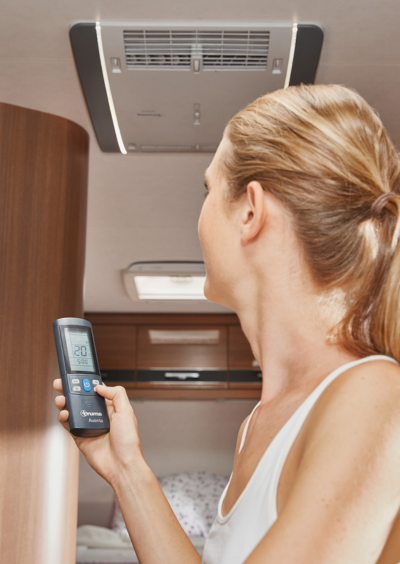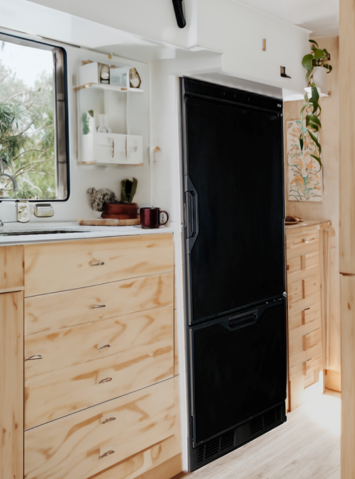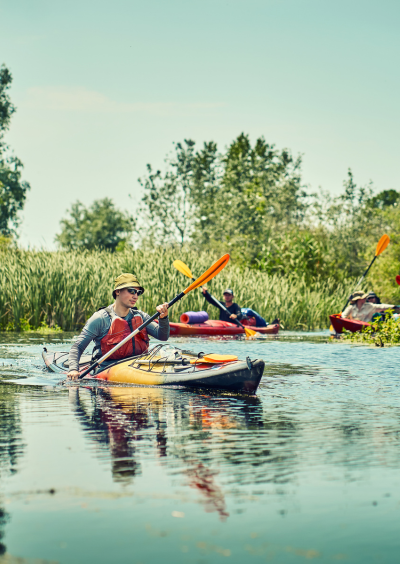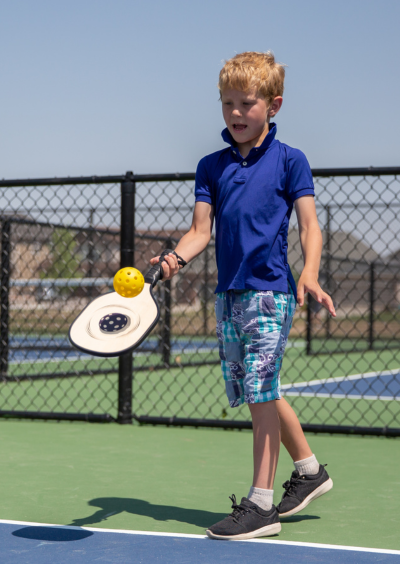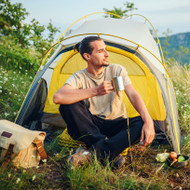Solo Camping Buyer's Guide: The Essential Shopping List for Solo Camping
26th Sep 2022
Ever felt that calling to the outback and thought about taking off for your first solo camping trip? Well, you're not alone. Plenty of people experience this, many of them following their hearts and setting off on the life-changing experience that is solo camping.
If you are considering doing this for yourself, careful planning is required and several items should be purchased so you return home safely, and above all else enjoy the experience enough to want to do it again.
We have spoken to the solo camping community and what Everything Caravan & Camping have compiled for you is a solo camping buyer's guide to ensure you are well prepared and can learn from the experience of other solo campers.
Mistakes will occur and learnings will come from it, but following this solo camping buyer's guide will ensure solo camping is a life-enriching, not life-threatening experience.
1. Camping Survival and First Aid Kit
At the top of the shopping list are a camping survival kit and a first aid kit. the items a camping survival kit includes are different from a first aid kit and should include:
- Flashlight or Headlamp - Really handy when it's dark and you need to build a fire, cook food, set up your shelter etc. Having to hold a torch while making something is terribly inconvenient.
- Whistle - These come in handy to attract attention if you have gotten lost on your hike
- Mirror Compass - The advantage of a mirror compass is that it allows you to look at the object you are taking a bearing from and your compass housing at the same time. Thanks to this, they are also great for accurately walking on a given bearing.
- Personal Locator Beacon - A Personal Locator Beacon (PLB) is also known as an emergency beacon. When activated, it sends a signal via satellite to emergency services.
- Camping Knife - It is essential to have a camping knife in your survival kit.
- Matches/Fire Starters - Put your pride on the self and be prepared by packing matches/fire starters. Having a warm fire in minutes is important for regulating body temperature and may be your only source of cooking food if you have no power.
- Survival Bracelets - Survival bracelets provide some of the aforementioned tools all in one handy bracelet that wraps around your wrist. For example, the CAOS survival bracelet includes a compass, fire starter, knife, and whistle is ideal for hiking, camping or fishing.
- Survival Cards - You never know when you could find yourself stranded for hours or days at a time. These survival cards help you stay in control and take reasonable action steps towards ensuring your health and safety until you are helped.

A first aid kit usually comes pre-packed with the essentials so you don't need to worry about purchasing individual items. You should check to make sure the first aid kit is OSHA Certified. The St John's Ambulance Camping First Aid Kit also comes with camping first aid essentials including; torch & batteries, accident emergency blanket, disposable poncho, and a survival aid compass/whistle/mirror.

2. Navigation and Communication
Second, on the solo camping buyer's guide is navigation and communication tools. This is because many of the survival tools and products we will mention later on are often redundant if you can easily navigate your way back to where you need to go or be quickly rescued by others.
A GPS system is paramount when camping alone so you are always aware of your location and have assistance in getting to where you need to go. You should also purchase a satellite communicator so you are never at risk of not being able to contact help or emergency services.

3. Purchase the Right Shelter and Camping Bedding
At the risk of stating the obvious, purchasing good quality shelter is a necessary solo camping shopping item.
You should also make sure you have an emergency shelter like lightweight tarps and or a bivy sack. Your main source of shelter such as your camping tent should be waterproof or water resistant. Carry with you an emergency blanket in case of extreme cold. Lying a tarp underneath your airbed can also protect you from cold moisture.
4. Cooking and Drinking Equipment
Packing light is important. So you don't want to go overkill and have every possible drinking and cooking utensil there is. However here are some essential cooking and drinking items to add to your solo camping shopping list:
- Pot and Pan
- Spork
- Fire Starters
- Drink Bottle
- Thermal Flask
5. Water Purification Device
Having a water purification device while solo camping is extra peace of mind knowing you have an endless supply of water should you get stuck (provided you find a source of water).
We won't discuss the guide to water purification here however ensure you choose the cleanest available water to start with (if you are spoilt for choice). because dirtier water will clog your filter more quickly than cleaner water.

6. Portable Solar Power
A portable solar panel provides endless power for your devices by harnessing sunlight. If you’re going to camp solo in remote places, recharging gadgets wouldn’t be as stressful.
7. Final Tips
To finish off the solo camping buyer's guide, we have listed in dot points a few very important checklist items and must-dos before embarking on your solo camping trip:
- Request a map of the area to intend to camp
- Create a camping checklist of important information and contacts (including your own to sit in clear site on your car dashboard) ie.; Local emergency number, Name, address, and phone number of ranger station or office, Name/number and location of the campsite, An emergency contact name and number, your blood type
- Clearly mark potential hazards around your campsite
- Keep an eye on the weather
- Tell people where you are going and how long you intend to be gone for.
